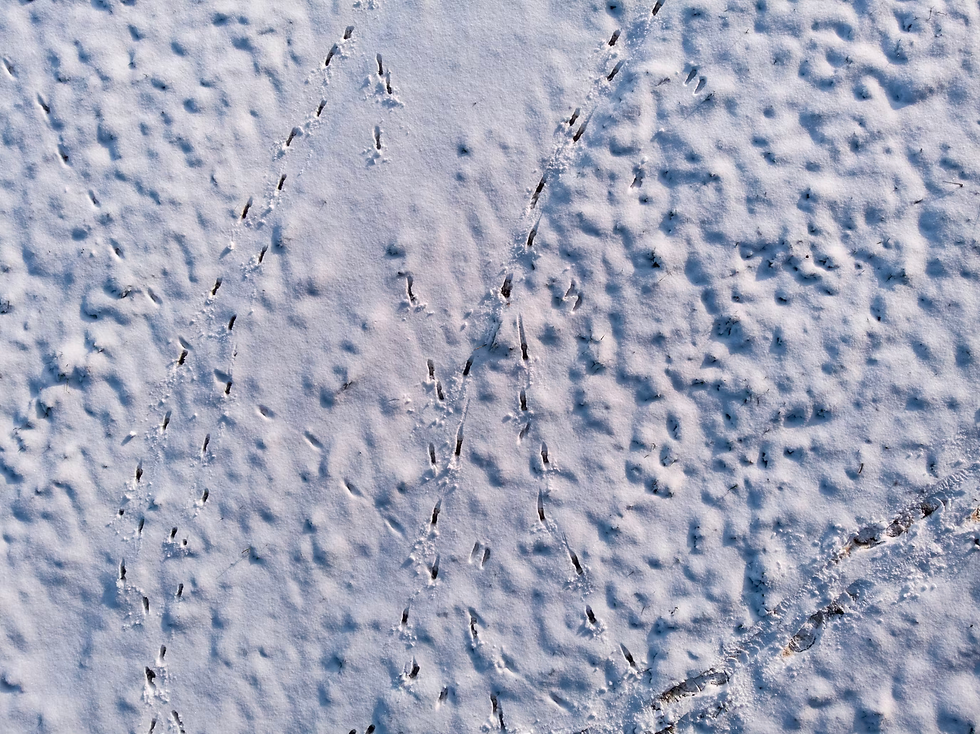Winter can be a tough time of years to get outside with kids. It takes ages to bundle up the kids, the cold can be particularly unpleasant for some people and often our kids don't stay outside for long after we spent so much time and energy putting on all their winter gear! BUT--there are so many benefits to getting outside in the winter. Here is a short list of a few of my favorites.

Reason #1: Fresh Air & Sunshine Increase Circulation and Boost Immunity
Vitamin D is an important vitamin that we get from natural sunlight. Over half of American don't get enough vitamin D largely due to the amount of time we spend indoors. Our bodies are less able to fight off infection if we are deficient in vitamin D.
Fresh air also increases oxygen in the body. Oxygen fuels the cells in our body and cleanses our lungs. The outdoors also lead us to be more active than being indoors does. Going for a walk, hike or just playing outside gets our blood pumping and our heart rate up. This helps improve our cardiovascular health providing us with improved circulation and higher energy levels.
Reason #2: Nature Promotes Healthy Sleep Patterns
Exposing our bodies to natural light helps to set our internal clocks. This helps regulate sleeping and waking. People who were exposed to natural light had higher levels of melatonin, a hormone aiding in sleep. (University of Coloroado, 2017) Artificial lights found indoors disrupt our natural sleep and wake cycles and diminish melatonin. The good news is that just one weekend spent camping reset a more natural sleep cycle--which means we are one weekend away from kids that sleep more soundly and wake better rested!
Reason #3: Snow Absorbs Sound Giving You a Quiet & Relaxing Environment
Freshly fallen snow leaves small gaps in between snowflakes. These small gaps absorb sound waves creating a quieter environment. Just a few inches of snow can absorb up to 60% of the sound in an urban environment. (University of Kentuckym 2016) As the snow melts or is stamped down, these spaces are eliminated and the ability to absorb sound is diminished.
Reason #4: You Can Easily Spot Animal Tracks
Winter is one of the best times to track wild animals. Snow is one of the easiest ground coverings to track in because it covers everything making it harder to lose the animal's trail. Snow also allows more detail to tracks than dirt or sand might.

Here is a great article about finding and identifying animal tracks.
Reason #5: Poisonous Plants & Biting Insects are Minimal
Don't be fooled--Poisonous plants like poison oak and poison ivy are still potent in the winter. However, their leaves have fallen making them a smaller presence in the forest during the winter months.
Pesky biting insects like mosquitoes function best at temperatures above 80°F (27°C) and become dormant at 60°F (15°C). Since they are cold blooded, they are most likely hibernating in winter and unlikely to bother you. In fact, most insects are cold blooded and won't be present on your winter hike.
Reason #6: Water May Be Frozen and Deciduous Plants Have Lost Their Greenery
Deciduous plants shed their leaves when the weather turns cold. This helps trees and other deciduous plants conserve resources and protect themselves in cold winter weather. It also makes it easier to see further into the forest seeing dens and nests that would be otherwise hidden among the greenery. It also makes it easier to see animals that use the greenery as cover or camouflage.
In cold winter climates, rivers and ponds may be frozen. If the ice is safe to cross you could access places that are normally unreachable in warmer weather.
USE EXTREME CAUTION WHEN WALKING ON ICE. This is a guide you can use to determine the safety of ice. Never walk on ice alone and take all necessary precautions.
Comments